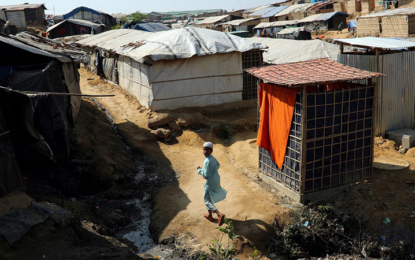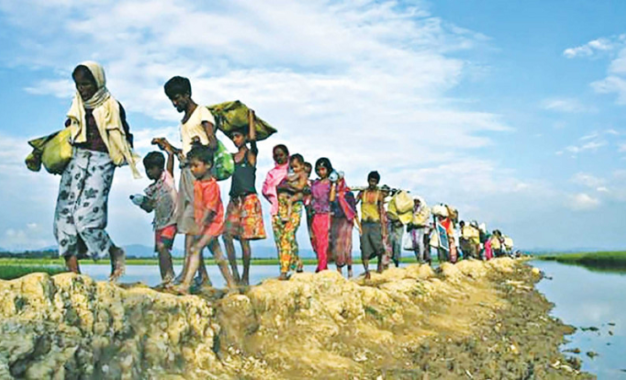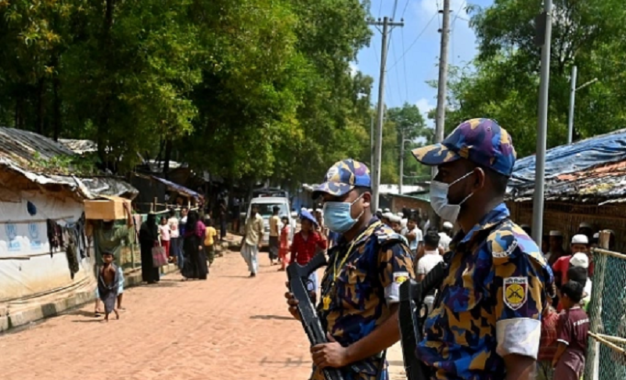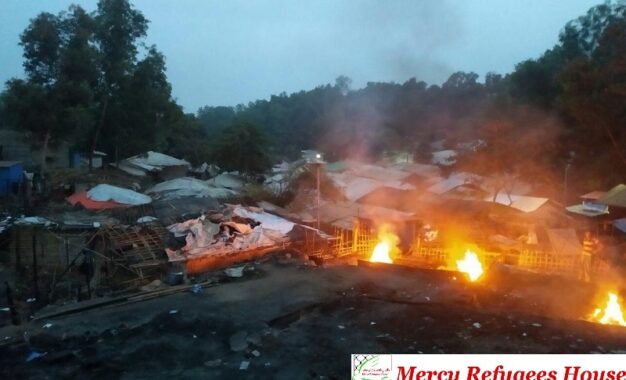Latest News
UNHCR stresses support, solutions for Rohingyas ahead of donor meet
Bangladesh, Help Refugees, Human Rights, Myanmar, Religious Rights
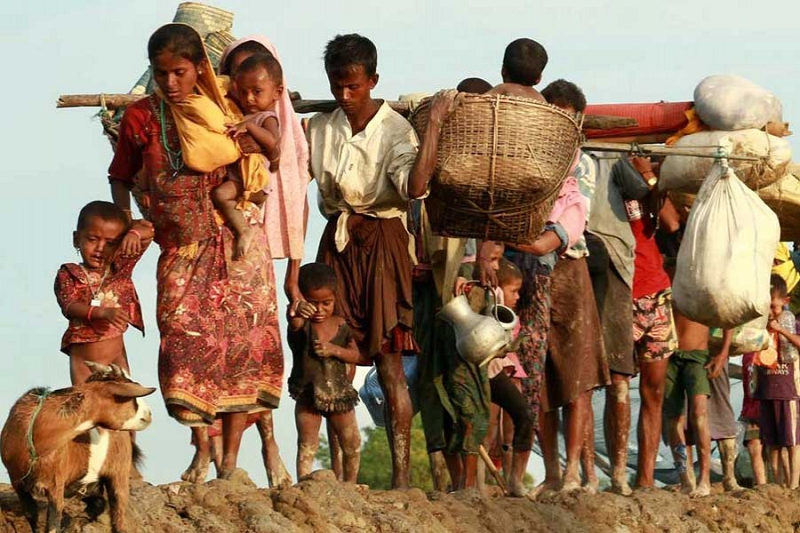
On the eve of this week’s donor conference for the Rohingyas, UNHCR, the UN refugee agency, today (Tuesday) stressed the need for stronger international support and a redoubling of efforts to find solutions for this stateless and displaced population.
Together with the United States, United Kingdom and European Union, UNHCR is co-hosting a virtual donor conference this Thursday (22 October) to meet urgent humanitarian needs of forcibly displaced Rohingyas both inside and outside Myanmar.
Support for critical services in host communities is also a priority, according to a message received here.
The ongoing humanitarian response is facing a dramatic shortfall this year as less than half of the requested funds have been received so far.
In 2020, the United Nations has appealed for more than US$ 1 billion to meet the humanitarian needs of Rohingya refugees in Bangladesh. The spread of the COVID-19 pandemic has added layers of new challenges and needs to an already complex and massive refugee emergency.
Currently, 860,000 Rohingya refugees are living in settlements across Bangladesh’s Cox’s Bazar district. Most of them, some 740,000, fled from Myanmar during the most recent displacement crisis in 2017. Other countries in the region host some 150,000 Rohingya refugees. An estimated 600,000 live in Myanmar’s Rakhine State.
Across the entire region, most Rohingyas live on the margins of society and they need to be assured access to basic healthcare, clean drinking water, a reliable food supply, or meaningful work and educational opportunities.
The COVID-19 pandemic has worsened their living conditions, made access to services even more challenging, increased the risk of sexual and gender-based violence, and exacerbated the impacts of infectious diseases for displaced Rohingyas living in crowded camps, such as those in Cox’s Bazar and in Rakhine State.
Amazon Sponsorship
Recent Posts
Jul 29, 2023
It has been close to six years since hundreds of thousands of Rohingya faced a deadly genocide by Myanmar’s military and fled the country in search of protection and refuge in neighbouring Bangladesh. The Rohingya population has been undergoing persecution, discrimination, arbitrary arrests, and atrocities in Myanmar for over seven decades. Their condition is alarmingly […]


